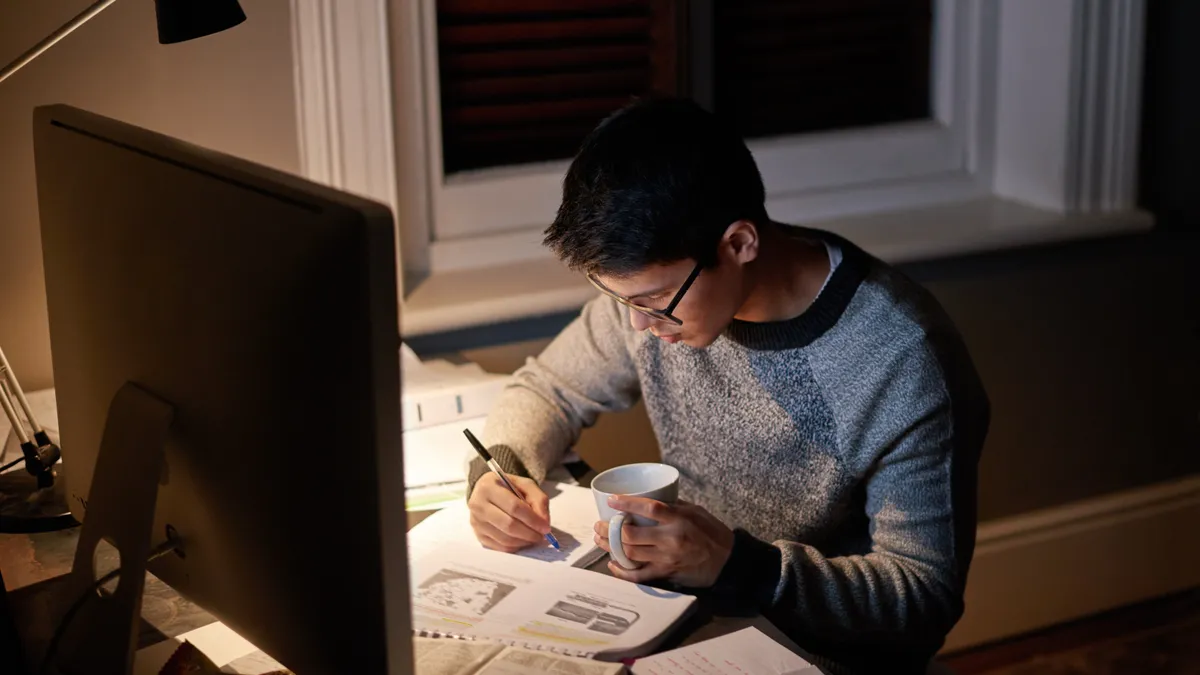Though failure is often described solely as a means to determine a path towards success, educators and panelists at a recent two-day event at Teachers College, Columbia University stressed the importance of incorporating failure into learning and the ways to use it productively, in higher ed courses, K-12 classrooms and teacher preparation programs.
“We need a new conceptualization of what failure really is,” Xiaodong Lin, a professor of cognitive studies at Teachers College, said. “We know how (students) think about intelligence; we know what they think about competence. We really don’t know what they think about failure.”
Lin was one of several panelists during a discussion on the importance of teaching failure in education, one in a series of discussions in “The Success of Failure: Perspectives from the Arts, Sciences, Humanities, Education and Law.” Lin spoke about how further research on how students process failure could help address problems like the high number of students dropping out of STEM degree programs. In her recent research, Lin worked with local high schools to introduce students to “struggle stories” of successful scientists, positing that stories about the setbacks of historical figures like Albert Einstein could form a “natural affiliation” between students and scientists, making the triumphs of the latter seem within reach despite their failures.
“That thinking of failure is deeply rooted in what they think they can do and cannot do,” she said, reporting optimistic results of the study. “We found that in the six weeks of our experiments, students did significantly better than students in the other groups….you have to be personally feeling connected to the scientists to get the better grades.”
Making failure a healthy part of the process
Panelists included educators, authors and experts in a variety of fields who considered how to best incorporate failure as a valuable part of learning. Robert Siegler, the Teresa Heinz Professor of Cognitive Psychology at Carnegie Mellon University, said that failure helps individuals better understand their strengths and passions, but noted that in K-12 education, education pursuits are often deemed to be obligatory, “regardless of the individual’s interests, capabilities, successes and failures.”
“This view forecloses the usual option of using failure as information that justifies abandoning, delaying or reducing the pursuit of specific goals,” he said. “Is such foreclosure justified? Do we all need to wrestle, draw, sing, and solve geometry problems? Why not allow high school students and their parents to treat failure as information?”
Students should be encouraged to view failure as a learning opportunity in an environment where the goal is to improve, according to Catherine Chase, an assistant professor of cognitive studies at Teachers College. However, this does not extend to advocating for failure in every scenario; instead, researchers and educators should advocate using failure as a teaching tool in moments with “relatively low stakes.”
This approach is especially pertinent in teacher preparation programs like Teachers College; budding educators must learn the craft, but schools should be cautious about the potentially negative impact teacher preparation (and the inevitable mistakes) could have on a K-12 classroom. Some teacher prep programs are using virtual reality to introduce future teachers to the classroom, allowing them to fail without negative consequences to themselves or K-12 students. Lisa Son, an associate professor of psychology at Barnard College, said schools needed to afford students of all ages “opportunities to fail."
“People often talk about failure after they’ve learned something, but we don’t even allow people to finish the learning process. In education, kids are required to learn difficult things, and they’re not allowed to finish the learning curve,” she said. “They’re actually learning to lose confidence.”










